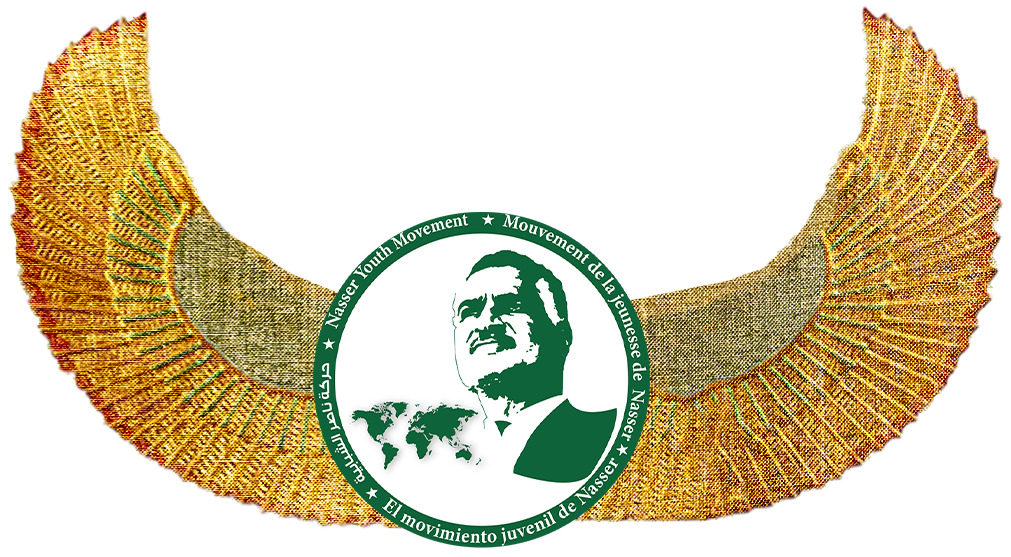Continental Free Trade Area and Integration Opportunities

By: Mohamed Salah Eldeen
An introduction
After long negotiations that started in (2008), the agreement to launch the Continental Free Trade Area was signed in Kigali, Rwanda, and the agreement was signed by 43 African countries in addition to Egypt, meaning that the total number of countries that signed the agreement is 44 African countries. Achieving sustainable development goals and increasing economic growth rates in line with Vision 2063, launched by the African Union, which aims primarily at economic and social development.
On July 7, 2019, the African Union held an exceptional summit of special importance. This summit witnessed the launch of the free trade area after it was ratified by 30 African countries, and the entry into force of the agreement, which will contribute to achieving economic integration among the countries of the continent in addition to enhancing opportunities for investment and exploiting the economic and human potentials that Continent enjoys them
GDP is about 2.5 trillion dollars, and in a market of 1.2 billion people, it is expected to reach 2.5 billion by 2050 (1).
The phases that the free trade zone has gone through:
Conceptual phase:
The first mention of the establishment of the Continental Trade Area was in the eighth session of the Assembly of Heads of State and Government, which was held in Addis Ababa in January 2012, in which it was decided to establish a free trade area by 2017, and the session adopted seven priorities, namely:
Trade policy, trade facilitation, trade information, trade finance, production capacity, infrastructure, and market integration, and the road map for the Continental Free Trade Area and the Customs Union was adopted.
Preparatory phase:
It was through discussions that took place between the eight economic groups recognized by the African Union, from May to November 2014, in which studies and reports on the establishment of the Continental Free Trade Area were conducted.
Negotiation phase:
The African Union held a session in South Africa from 7-15 July, 2015, which included the protocol on goods and the drafting of the framework agreement on the Continental Free Trade Area, and the protocol on services. The three documents were approved and adopted by the Ministers of Trade in Niamey 2017.
Advertising phase:
The free trade zone was approved in Kigali, Rwanda, in March 2018, where a declaration was issued that countries desire economic integration, open investment horizons, and trade cooperation to achieve the prosperity of the African continent (2).
The importance of launching the Continental Free Trade Area:
Dr. Rania Al-Mashat, Minister of International Cooperation, said that the launch of the Continental Free Trade Zone is an important step toward strengthening cooperation between the countries of the continent and achieving sustainable growth, Infrastructure repair, private sector participation, as well as promoting e-commerce.
This came through the Minister’s participation in a panel discussion entitled “Africa in the Era of the Trade War.” he Minister of International Cooperation mentioned the negative impact of the Corona pandemic, and the Minister of Cooperation said that the world began to take protectionist measures, and these measures increased after the Corona pandemic, which affected the economies of countries and affected the movement of trade and the increase in prices not only in Africa but in the whole world, but Africa was more that is affected by this pandemic, because Africa imports most of its medical products from abroad, and the minister indicated that the trade area will be the largest in the world, making it able to open up the prospects for the African market and its recovery, and attract more investments in light of the great human and material potential enjoyed by the countries of the continent (3).
In a report prepared by the Continental Free Trade Area Secretariat, the World Bank stated that if the trade agreement were fully implemented, it would lift 50 million Africans out of poverty, increase the incomes of individuals by 9%, and create nearly 18 million jobs, including the highest-paid and high-quality jobs.
The report indicated that the free trade zone will help attract foreign investment and increase the quality of services and agricultural industries, and the report went on to say that the matter will go beyond the scope of trade to investment, competition, electronic commerce and intellectual property rights (4).
Challenges Facing the Continental Free Trade Area:
Although there are 8 economic groups in Africa, they are still unable to achieve integration among them. Therefore, for Africa to have its own continental economic zone would seem to be a great challenge.
The difference in economic policies between the countries of the African continent will weak infrastructure in Africa, which impedes communication between its countries.
The abolition of customs between the countries of the region means depriving countries of an important source of revenue, thus increasing the challenges of small and medium enterprises, which constitute 80% of the continent's business, and which will be faced by larger and richer institutions
The failure of many countries to sign without expressing reasons or fear for their national industry, such as Nigeria, affects 190 million of the continent’s population.
References:
1- Jihan Abdel Salam, October 2021 African Free Trade Area between Opportunities and Challenges, African Horizons, No. 49, p. 83
2- The same reference
3- Asmaa Ibrahim, October 2021, Al-Dustour, Al-Mashat stresses the importance of the Continental Free Trade Agreement
https://www.dostor.org/3586756
4- Sarah El-Esawy, 7-10-2022 The World Bank: The African Free Trade Zone will achieve an increase in income by 9% and more than 18 million jobs, Al-Ahram


